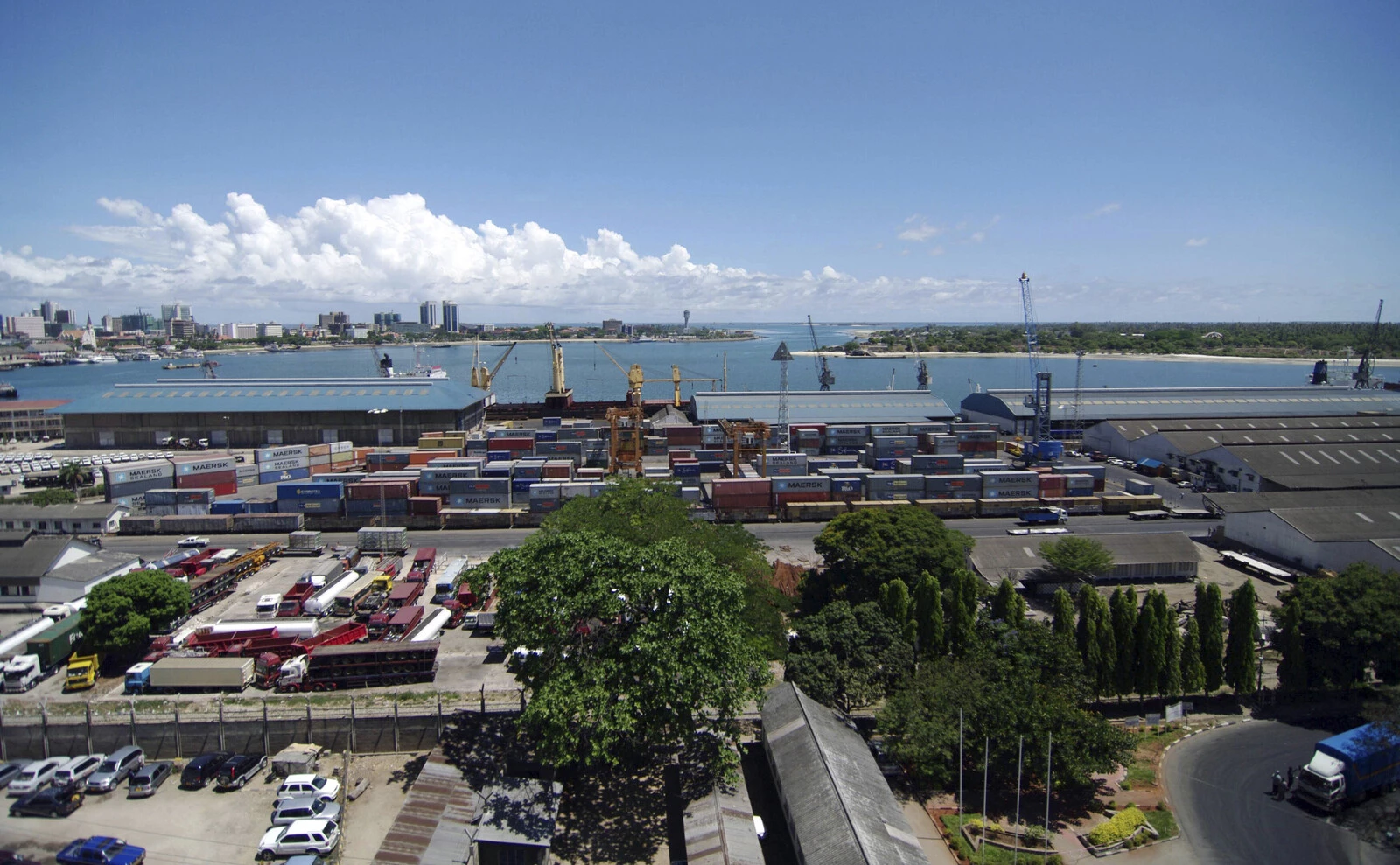Over the past decade, the economic relationship between Africa and the Gulf Cooperation Council (GCC) countries—comprising the UAE, Saudi Arabia, Qatar, Kuwait, Bahrain, and Oman—has flourished, marked by substantial investments and collaborative ventures. This burgeoning partnership is poised for further growth, driven by shared interests in diversification, sustainable development, and regional stability.
Significant Investments and Trade Growth
GCC nations have collectively invested over $100 billion in Africa during the last ten years. The UAE leads with $59.4 billion, followed by Saudi Arabia’s $25.6 billion and Qatar’s $7.2 billion. Notably, in 2023, GCC companies announced 73 foreign direct investment projects in Africa, totaling more than $53 billion. These investments span critical sectors such as mining, infrastructure, and aviation. For instance, the UAE’s International Holding Company acquired a 51% stake in Zambia’s Mopani Copper Mines, and Qatar Airways invested $1.3 billion to obtain a 49% share in RwandAir and a 60% stake in Rwanda’s Bugesera International Airport.
Trade between the GCC and Africa has also seen remarkable growth. Over the past decade, trade between the UAE and sub-Saharan Africa increased by over 30%, while trade between Saudi Arabia and sub-Saharan Africa is now 12 times higher than it was ten years ago.
Strategic Drivers of the Partnership
Several factors underpin this deepening alliance:
- Geographical Proximity: The close location facilitates easier movement of goods, services, and people, enhancing economic collaboration.
- Mutual Economic Diversification: Both regions aim to diversify their economies beyond traditional sectors. Africa seeks to attract foreign investments to bridge its $150 billion infrastructure funding gap, while GCC countries are investing in various African industries to reduce their reliance on oil revenues.
weforum.org - Food Security and Energy Transition: GCC nations, heavily reliant on food imports, view Africa as a strategic partner to enhance food security. Collaborative efforts in agriculture and renewable energy projects are mutually beneficial, addressing food supply concerns and promoting sustainable energy solutions.
The Role of the African Continental Free Trade Area (AfCFTA)
The AfCFTA, launched in 2021, is a pivotal element in this partnership. By creating a single market projected to encompass 1.7 billion people and $6.7 trillion in consumer and business spending by 2030, AfCFTA offers GCC companies unparalleled access to a vast and unified African market. This preferential trade agreement is expected to boost international exports and intra-African trade, unlocking significant opportunities for businesses to enter and expand across the continent.
Looking Ahead
The evolving economic ties between Africa and the GCC signify a promising shift towards a more interconnected and prosperous future. As both regions continue to collaborate on addressing shared challenges and leveraging mutual opportunities, this partnership is set to play a crucial role in shaping the global economic landscape.
Recent Developments in Africa-GCC Economic Relations
📌 Sources:
🔗 Investment in Africa: Free trade area agreement powers continent’s energy future
🔗 IMF projects 4% growth rebound in Middle East and North Africa next year

